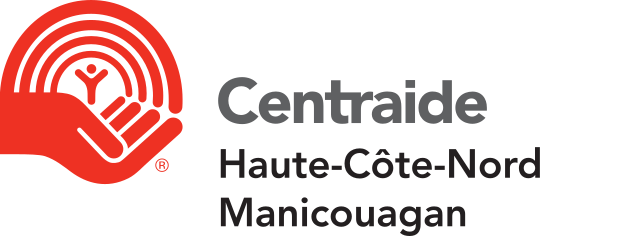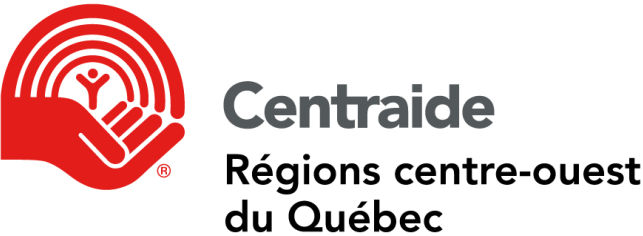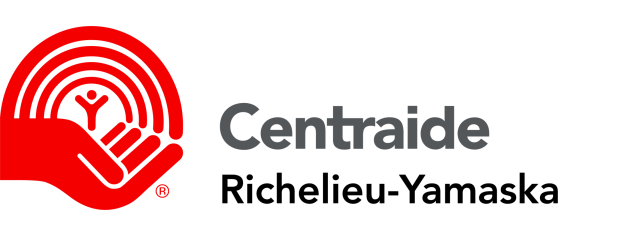[ Browse by Service Category : Specialized Treatment and Prevention : Sub-Topics of Immunizations (67) ]
Travel Immunizations
Programs that provide inoculations to prevent individuals who will be travelling outside the U.S., Canada and Europe from contracting infectious diseases such as typhoid, typhus, hepatitis A and B, malaria, dysentery or yellow fever.
Flu Vaccines
Programs that inoculate susceptible individuals of all ages, but particularly people who are very young or very old, to prevent them from contracting any of the variant strains of influenza that are prevalent during the winter and spring. The vaccine may be administered as a "shot" that is given with a needle, usually in the arm, or in the form of a nasal mist.
Childhood Immunization
Programs that inoculate infants and young children to prevent them from contracting diseases to which they are particularly susceptible including diphtheria, tetanus (lockjaw), measles, mumps, chicken pox (varicella), rubella (German measles), whooping cough (pertussis), Hib (haemophilus influenzae type B), hepatitis B, pneumococcal infections and polio. Hepatitis A vaccine is recommended for use in selected locales and for certain high-risk groups. Influenza vaccine is recommended annually for children older than six months with specific risk factors. Rotavirus vaccination (to prevent acute gastroenteritis with vomiting and severe diarrhea) is recommended during the first year of infancy. A baby should receive two or three doses depending on the brand used. Some childhood immunizations involve a series of doses at specific intervals.
The above terms and definitions are part of the Taxonomy of Human Services, used here by permission of INFO LINE of Los Angeles.















